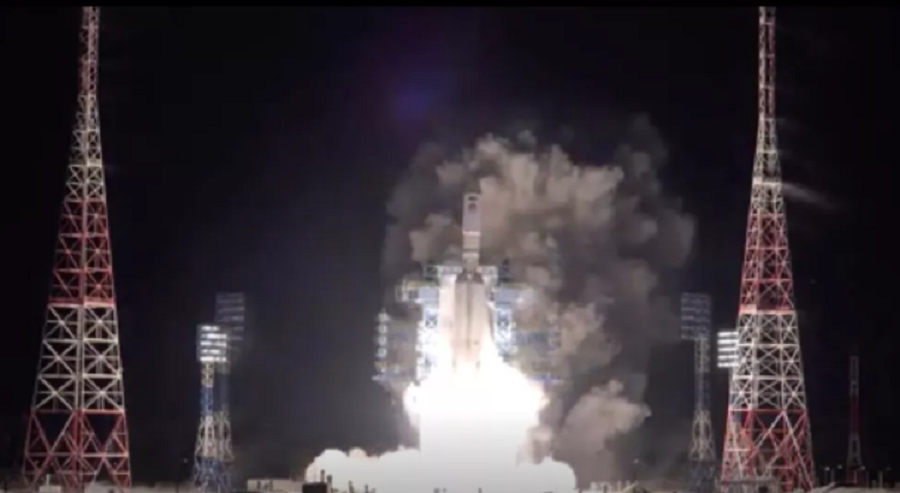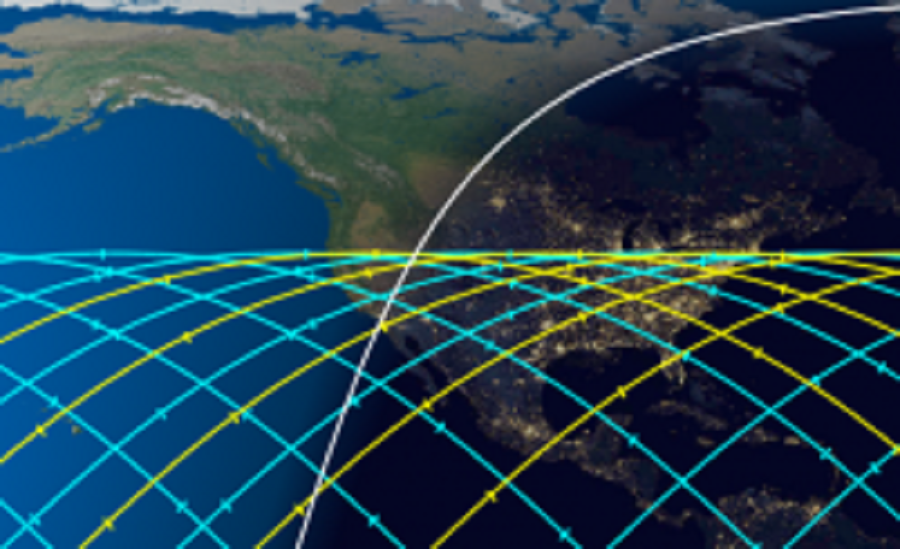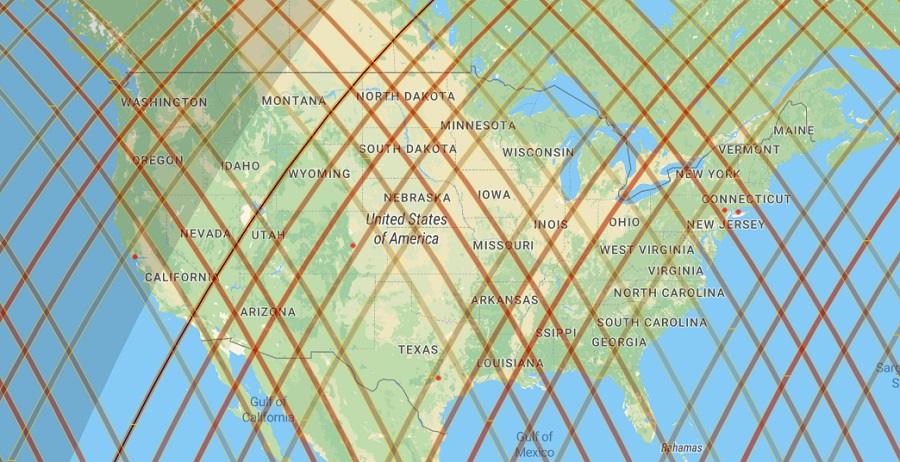
An out-of-control Russian rocket is tumbling back towards Earth and could hit the U.S., Europe, Asia, and even Australia on Friday; among possible impact sites in the U.S. include San Francisco, Denver, Dallas, Miami, Las Vegas, and New York City; it could even strike near the islands of Hawaii. Scientists tracking the rocket say the rocket is expected to impact Earth around 11:20 am ET on Monday, January 10; it is also possible it could strike as early as Thursday night, January 6, or as late as Wednesday night, January 13. As more data is analyzed, the impact area(s) will be refined as will the impact time. During previous out-of-control rocket impacts, scientists were able to provide a few hours advance notice of the actual impact zone and time.

On December 27, the Russian Angara A5 rocket lifted off from the Plesetsk Cosmodrome. Named after a river in Siberia, the Angara rocket is the first heavy-lift launch vehicle used by the Russian space agency Roscomos in decades. The December 27 launch was the third test flight of the giant rocket. While the launch was flawless, an upper-stage rocket failed to successfully fire.
While the Angara’s first two stages fired as planned, the third stage, a Persei rocket, failed to fire a second time. While the first fire helped put the dummy payload it was carrying into low-Earth orbit, the failure of the second fire failed to put the dummy payload into a geostationary orbit. Instead, the 20 ton mass is tumbling out of control to Earth.
According to NORAD, short for North American Aerospace Defense Command, the tumbling rocket and payload has been numbered “50505” and is currently in an orbit with a perigee of 180 km and an apogee of about 200 km.
Russian newspaper Moskovski Komsomolets wrote, “…the 20-ton blank or what remains of it will smoothly descend for another two or three weeks, until most of it with the remaining fuel burns out in the dense layers of the atmosphere. Where the leftovers will fall is a question. ” Moskovski Komsomolets was formerly the newspaper of the Communist Party’s youth organization; after 1991, it was privatized and has belonged to its current editor-in-chief Pavel Gusev ever since.

Commercial and private entities, such as SATFLARE, N2YO.com, and Aerospace Corporation are tracking the out-of-control rocket and are providing maps and statistics regarding it on their respective websites.
This is not the first time an out-of-control rocket has threatened the United States. In May, the Long March 5 main stage tumbled back to Earth in an uncontrolled manner. While much of the rocket stage burned-up upon re-entry, some parts did survive re-entry and impacted Earth.
Because the Earth is covered by more water than land, there are better chances any out-of-control rocket would strike the ocean rather than inhabited land areas. While odds favor that this out-of-control rocket will impact an uninhabited area, it is too soon to say with certainty whether or not that will be the case with this Russian rocket.